How University Students Help Olive Farmers in Turkey amid Unpredictable Weather Patterns
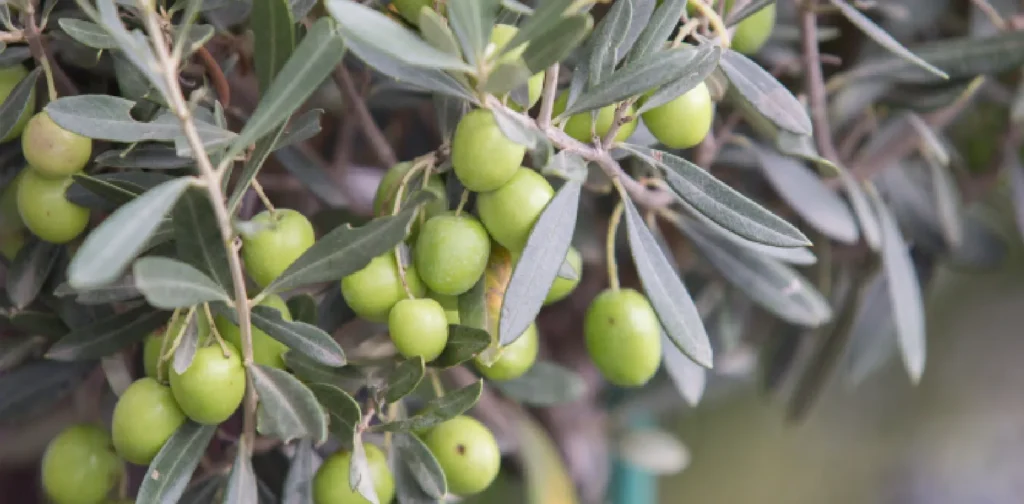
Photo by kotkoa on Freepik
The climate crisis impacts many areas of life, from floods in the city to low harvests at the farm. In Tukey, the increasing climate risk on agriculture is a major concern for olive farmers as it causes a huge drop in crop yields. To help address the issue, university students work with olive farmers to develop a smart monitoring system amid the ever-changing weather conditions.
Higher Temperature, Lower Crop Yields
The EU’s Copernicus Climate Service reported that 2023 was the hottest year since the mid-19th century, with temperatures 1.48°C higher than the historical average. Copernicus also warns that 2024 may surpass 2023 temperature, potentially becoming the warmest year on record and reaching an average temperature rise of more than 1.5°C above pre-industrial levels.
Rising temperatures have major impacts on agriculture. Heatwaves, storms, droughts, floods, and other extreme weather events cause significant drops in crop yields and may reduce the overall quality of food produced worldwide.
While global harvests are generally increasing, studies suggest that in a world without climate change, we could see 5% higher crop yields. This “yield gap”, or the difference between potential and actual yields, highlights how critical it is to address climate change in the fight against hunger. The World Food Programme estimates that in a world 2°C warmer, an additional 189 million people could go to bed hungry.
University Students and Olive Farmers
Turkey is among the world’s biggest producers of olive, and the impact of climate change has been undeniable. For instance, in Turkey’s Akhisar region, the olive harvest in 2023 decreased by 80% compared to the previous year. This sharp decline was due to a combination of factors, including temperatures dropping to -6 degrees celsius, heavy rainfall, and sudden temperature spikes.
In the western part of Turkey, a team of university students and volunteers from Istanbul Technical University work with local olive farmers to utilize smart monitoring. They have developed an early-warning system to monitor the health of olive trees and detect potential problems due to unpredictable weather patterns and other factors. The system provides farmers with feedback for each tree, using data captured from thermal and 360-degree cameras. The system also includes a cloud-based, open-source database that allows farmers to make informed decisions about the necessary actions to reduce the risk of crop damage.
Empowering Youth and Grassroots Solutions
Amid the climate crisis and various global challenges, there is a great deal of uncertainty. All sectors and stakeholders must actively participate in building a safe and sustainable future for all. The collaboration between university students and olive farmers in Turkey is an example of how empowering youth and local communities can help them find solutions to real-world challenges. In this context, governments, educational institutions, and the private sector can play a significant role by providing opportunities and resources to support and scale-up grassroots solutions to create long-term impacts for sustainable, and resilient communities worldwide.
Editor: Nazalea Kusuma
Dinda Rahmania
Dinda is an Assistant of International Partnerships at Green Network Asia. She holds a bachelor’s degree in International Relations from President University. As part of the GNA In-House Team, she supports the organization’s partnerships with international organizations, governments, businesses, and civil society worldwide through digital publications, events, capacity building, and research.


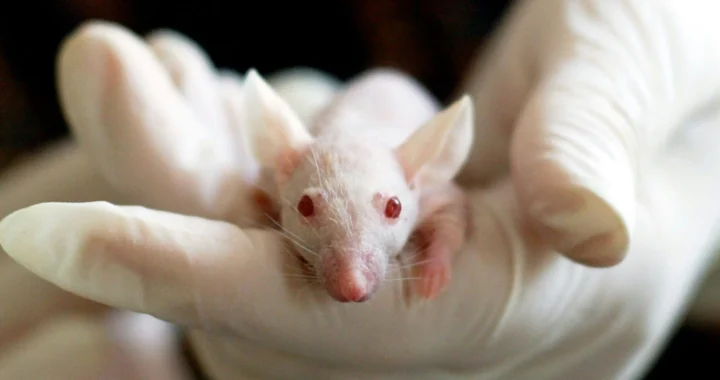 Exploring Technological Advancement to Replace Animal Testing
Exploring Technological Advancement to Replace Animal Testing 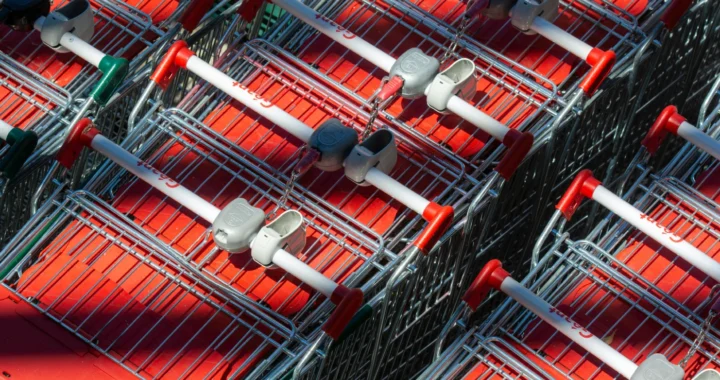 Addressing Overconsumption for Transformational Changes
Addressing Overconsumption for Transformational Changes 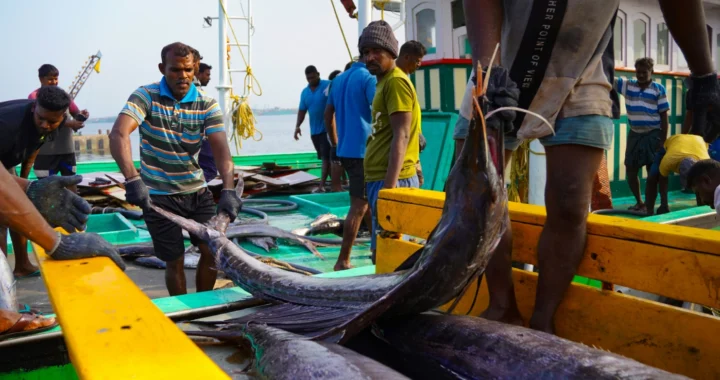 Global Reform on Fisheries Subsidies Signals a Hopeful Shift Toward Ocean Sustainability
Global Reform on Fisheries Subsidies Signals a Hopeful Shift Toward Ocean Sustainability 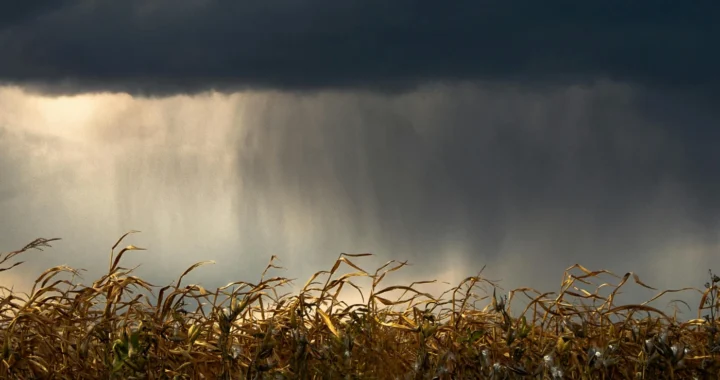 A Major Cause of Changing Rainfall Patterns
A Major Cause of Changing Rainfall Patterns 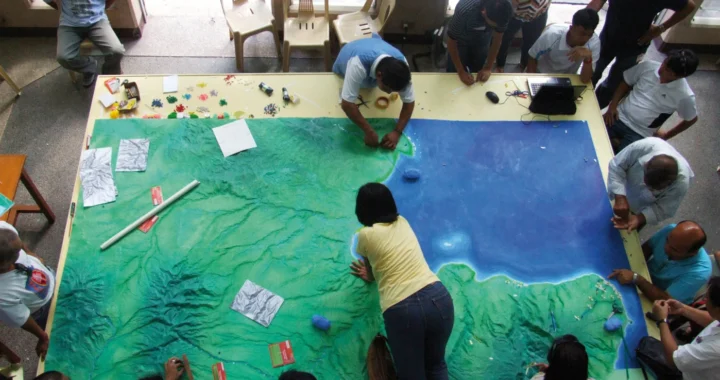 Strengthening Disaster Risk Governance at Local Levels
Strengthening Disaster Risk Governance at Local Levels  Recognizing the Role of Local Communities in Biodiversity Conservation
Recognizing the Role of Local Communities in Biodiversity Conservation